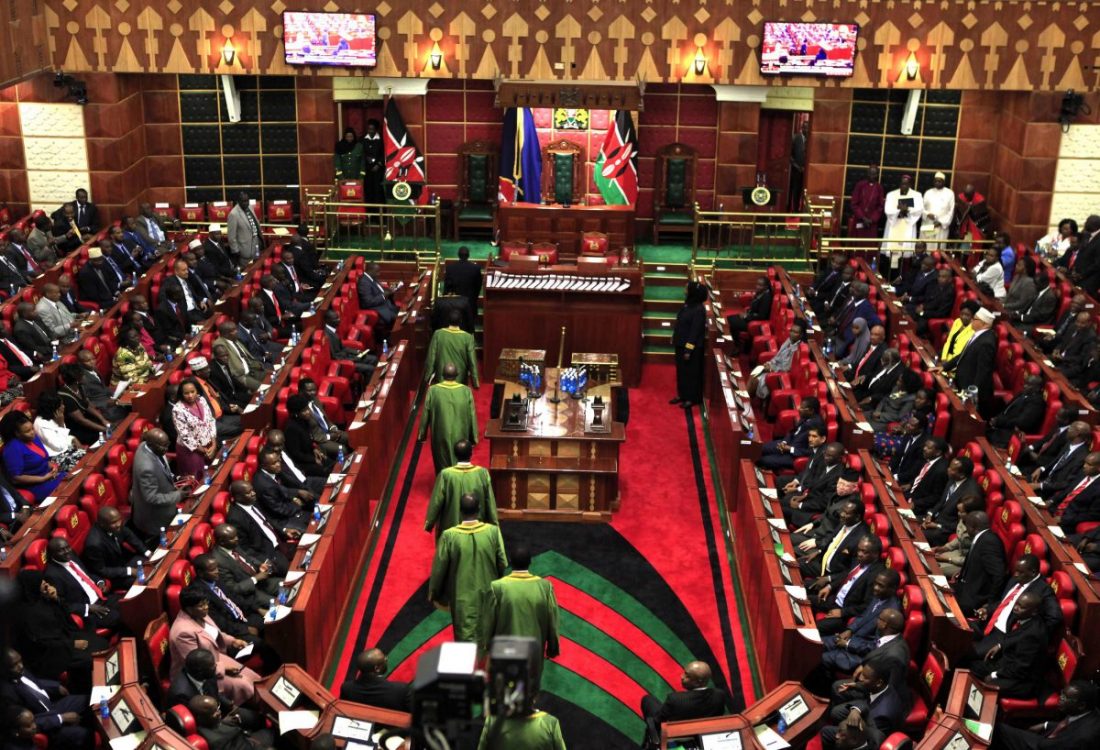MPs seek Consolidated Fund services oversight

National Treasury has been asked to submit a Bill to Parliament to allow for the oversight of the Consolidated Fund Services (CFS) by the Public Debt and Privatisation Commission.
National Assembly’s Select Committee on Public Debt and Privatisation chair Abdi Shure said CFS expenditures have remained relatively unchecked and received minimal oversight in the past.
Shure’s pronouncement comes amid concern that a large percentage of money drawn from the CFS is used for recurrent expenditure, as opposed to funding development projects. “It points to the existence of critical gaps and concerns which will require multiple oversight reports and pioneering policy proposals to address,” he said. According to the committee’s report, the largest expenditures under the CFS are interest and principal payments of Kenya’s public stock of debt that has grown due to sustained fiscal deficit.
It indicates that as of December 2022, Kenya’s public debt stock was Sh9.15 trillion and will require Sh1.36 trillion to service its interest and redemption payments by June 2023, amid concerns about the cost of domestic debt servicing which Shure said accounts to 73 per cent the total public debt servicing expenditure.
Recurrent expenditure
The supplementation estimates for Financial Year 2022/23 indicate that the CFS expenditures will amount to Sh1.55 trillion, the highest to date, consisting of 104 per cent of recurrent expenditure, equivalent to Sh1.5 trillion and 255 per cent of development expenditure amounting to Sh609.1 billion.
“The main concern is that being a charge to the consolidated fund, they reduce the resources available to undertake other budgetary activities and cause fiscal inflexibility,” Shure said. Consequently, the committee has called on the government to take urgent action to address the debt crisis and has suggested a range of measures, including increasing tax revenues, reducing government expenditure, and re-negotiating debt repayment terms with foreign lenders.
However, these measures are likely to be difficult to implement, given the current economic challenges facing the country. There is also concern that if the government fails to take action, the debt crisis will impair the economy, whose credit rating will be downgraded making it more expensive for the government to borrow money in future.
In addition, lack of debt management could undermine investor confidence, leading to capital flight and a decline in foreign investment.
The Committee’s warning comes at a time when the economy is struggling to recover from the impact of the Covid-19 pandemic. The country has been hit hard by the pandemic, with the tourism and hospitality sectors particularly badly affected.












